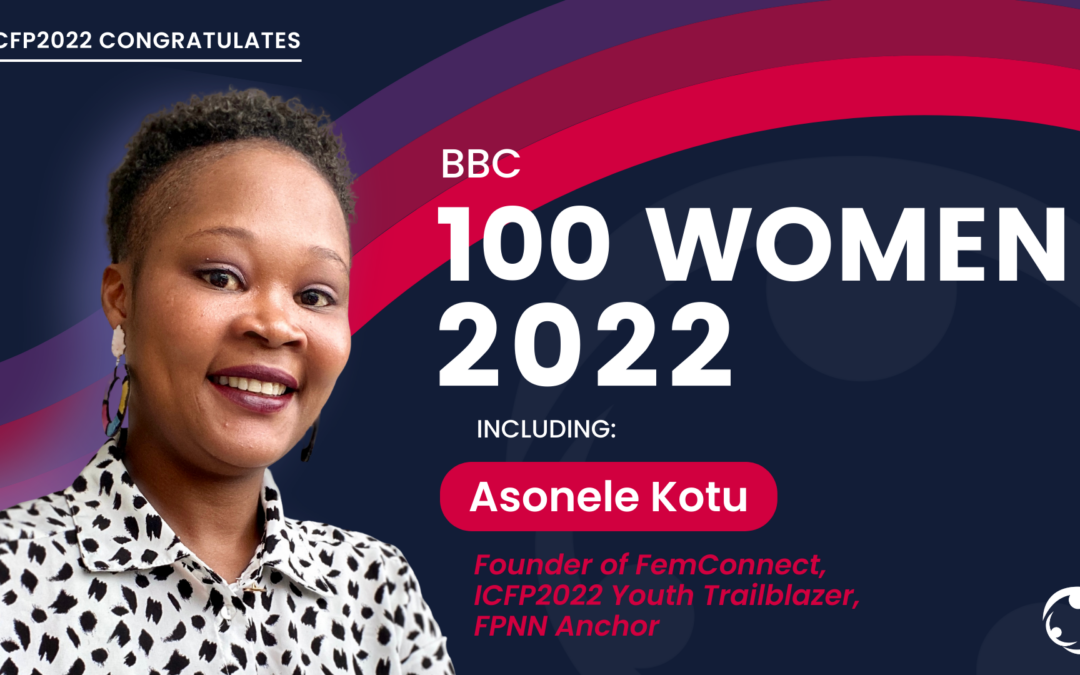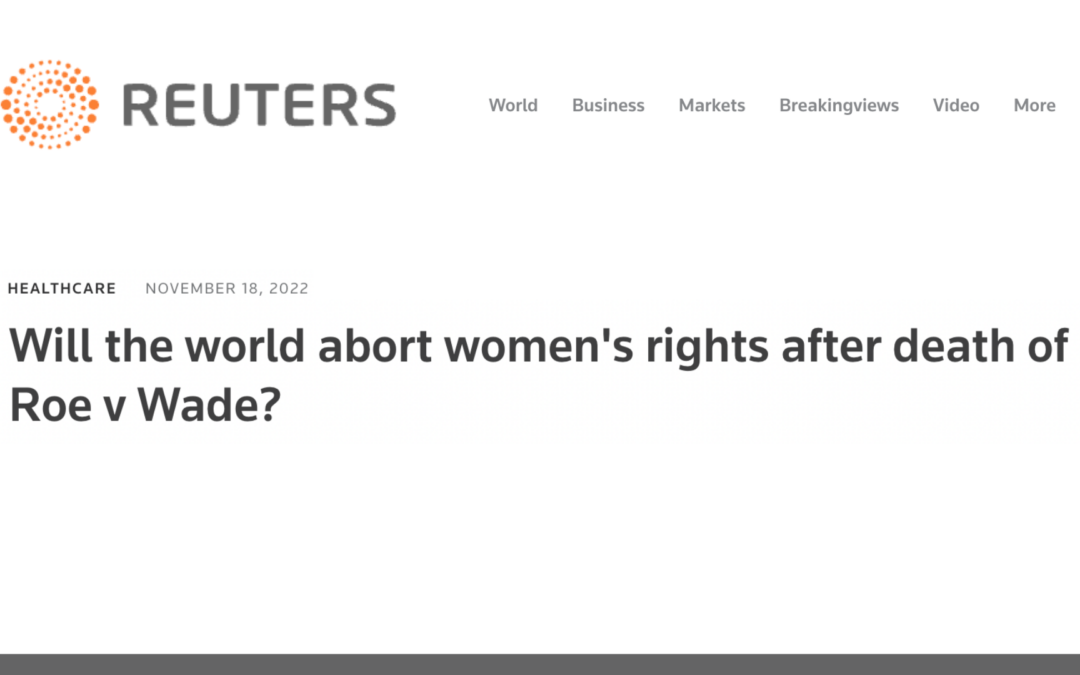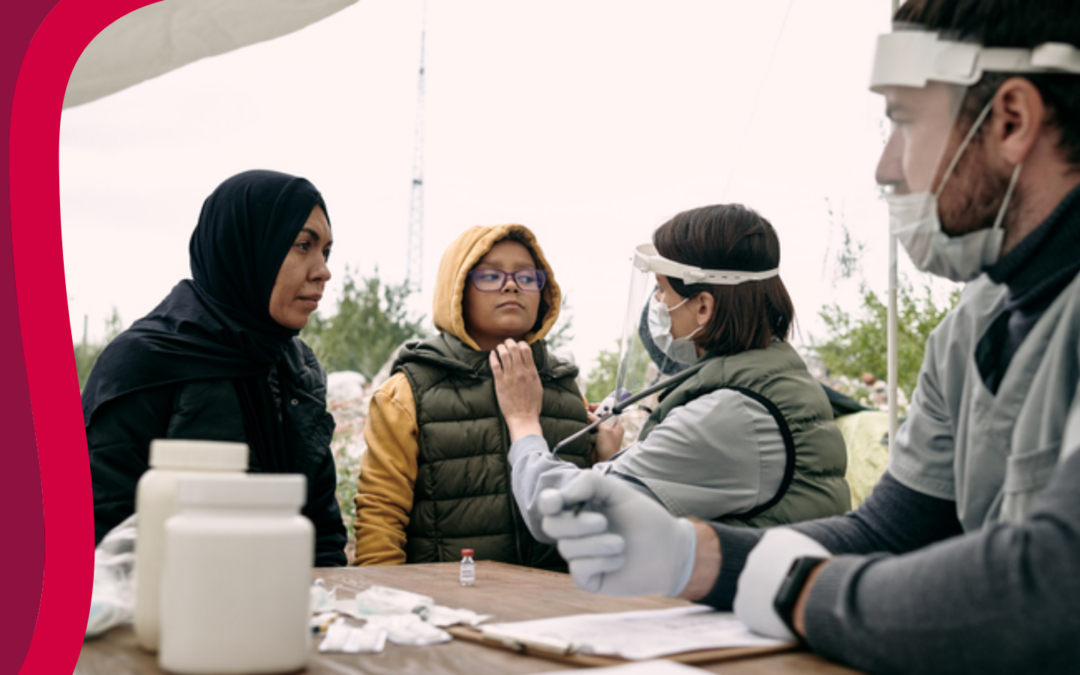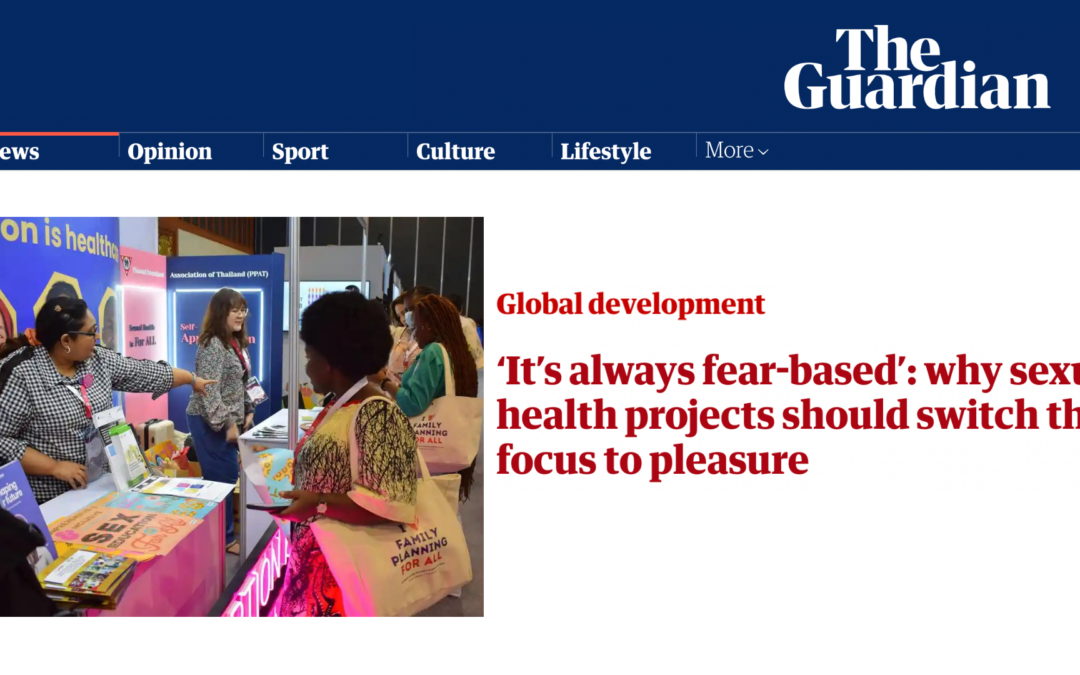By Jessica Heinzelman. Originally posted on www.medium.com.
Nivi shares the goal of FP2020 to reach millions of additional users of family planning who want to delay or prevent pregnancy but are not using modern methods of contraception. In order to realize behavior change and drive uptake of family planning methods, askNivi creates a relationship with people over time, and we are learning to detect and tailor content to encourage action at different stages of readiness.
To better understand and gain insight into Nivi’s ability to predict readiness to act, we analyzed a subset of 920 Kenyan women ages 18 to 49 who asked askNivi a question, completed an automated family planning (FP) screening, received method recommendations, and were asked if they had visited a facility and taken up a method in 2019.
#1 Three out of four women say preventing pregnancy is “important” or “very important” to them. When users complete the askNivi FP screening and receive method recommendations, Nivi asks them “How important to you is preventing pregnancy?”. We found importance does not vary much by user characteristics including age, previous method use, and whether their initial question had an FP-related intent. One exception was women who say that they want to prevent pregnancy for less than a year were less likely to report that preventing pregnancy is important.
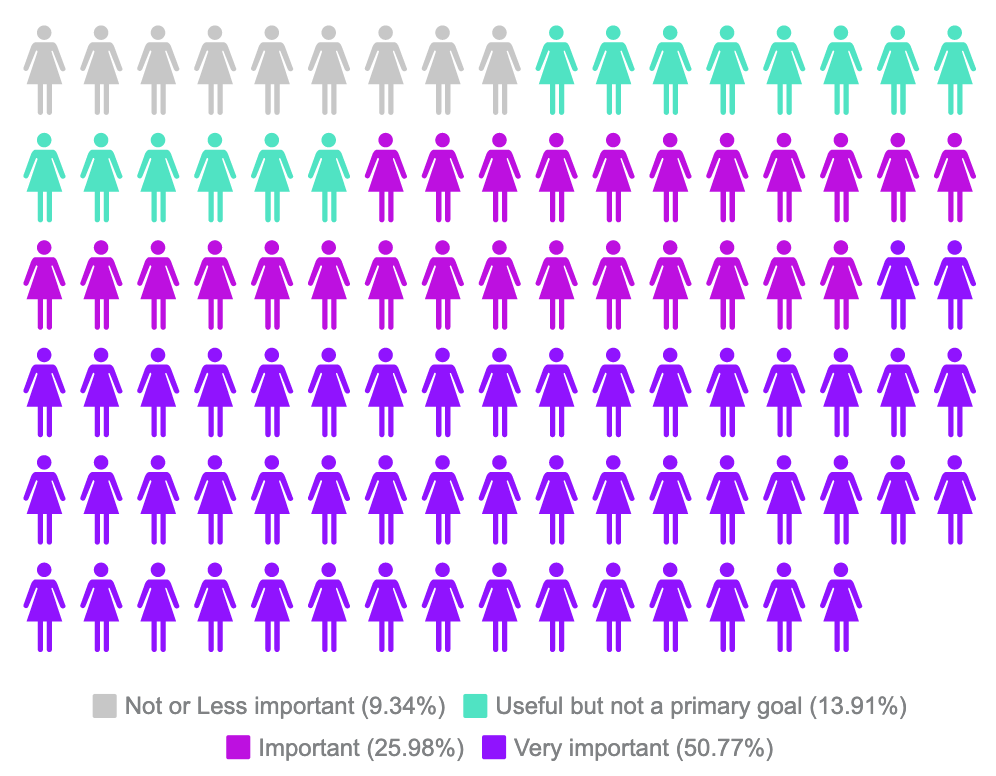
#2 ‘Readiness to act’ varies with a woman’s characteristics. At the end of the family planning screening, Nivi asks users “How ready are you to visit a facility for FP in the next 2 weeks?”. Over half (58%) of women say they are “ready”, “very ready”, or “extremely ready”. Unlike importance, users’ readiness varies with their characteristics. For instance, older users are more likely to say that they are ready compared to adolescents. So are women who use askNivi via Facebook Messenger (vs SMS), women with a question related to family planning (vs non-FP intent), women who want to delay pregnancy for more than a year (vs < 1 year), and current users of FP (vs former users and never users).
#3 Women reporting readiness to act were 7 percentage points more likely to later report visiting a provider. Within two weeks of completing a family planning screening, askNivi sends two automated check-in messages to users asking if they have visited a family planning provider. In this cohort, 13% told us they had visited a provider and another 2.5% said they were still planning to go.
Figure 2 shows that users who said they were ready to act were 7 percentage points more likely to report visiting a provider. Other characteristics also seemed to affect readiness. For example, engaging in an additional FP conversation with askNivi was associated with an increased likelihood of visiting a facility (about 4 percentage points).
Nivi’s unique design, digital capabilities, and behavioral science allow us to continue testing ways to increase the likelihood of taking action through conversation.


